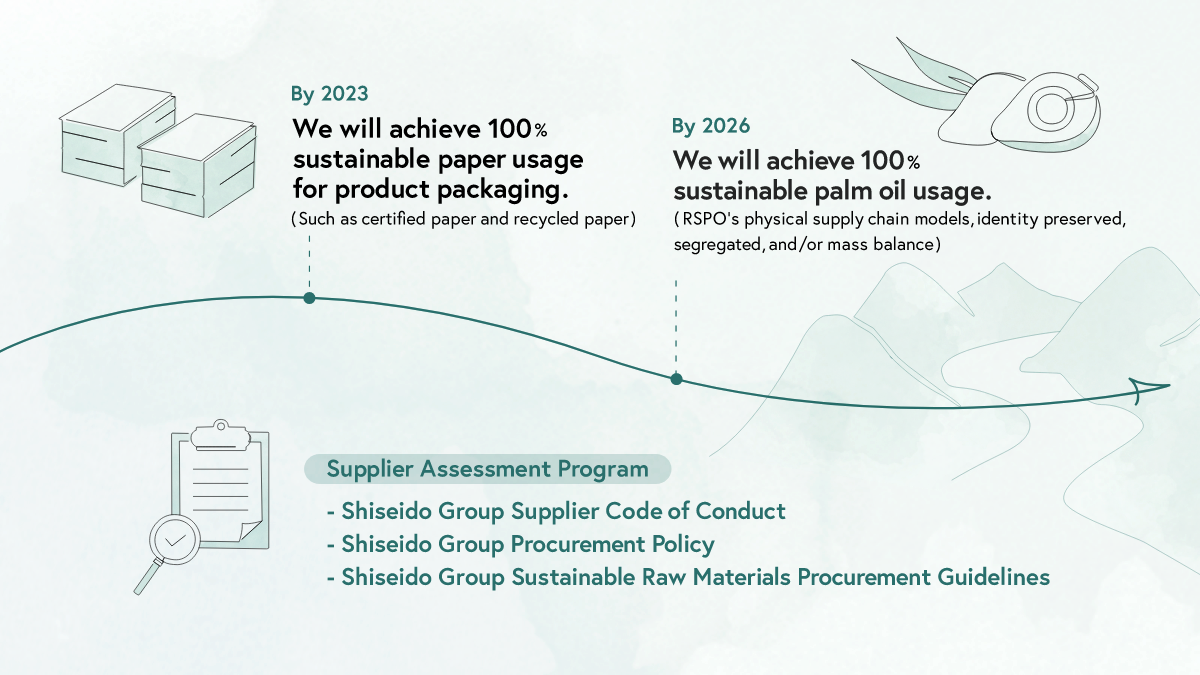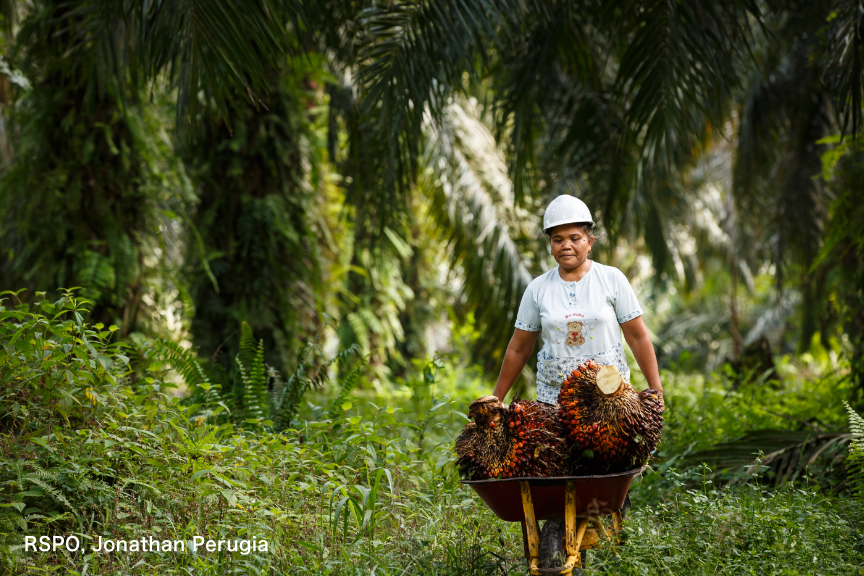Palm Oil
While palm oil is a highly versatile raw material used in a variety of products from food to cosmetics, its production has caused issues such as deforestation and human rights. Therefore, sustainable and responsible procurement is essential.
As part of our efforts in this area, in 2010, we joined the Roundtable on Sustainable Palm Oil (RSPO), an international NPO and began purchasing RSPO certificates (credits) equivalent to 100% of palm-derived raw materials in 2018. And in 2020, we disclosed our medium-term target of reaching 100% sustainable palm oil by 2026. The relevant teams in our global and regional headquarters have been working together to promote initiatives aimed at achieving this target, and in 2021, we replaced 27% of palm oil-derived raw materials (palm oil equivalent, weight basis) with certified palm oil based on RSPO’s physical supply chain model. In addition, we have been promoting the acquisition of RSPO Supply Chain Certification at all our factories. 12 factories, including the Osaka Ibaraki Factory which began operations in December 2020, have now acquired certification.
Since 2019, we have been part of the Japan Sustainable Palm Oil Network (JaSPON) and the palm oil working group of the Consumer Goods Forum (CGF), an international industry group consisting of food and consumer goods manufacturers and retailers, in order to solve issues related to palm oil by strengthening collaboration with other companies.
To understand human rights issues in palm oil procurement, we participated in the Stakeholder Engagement Program in 2019. This program was held in Indonesia and hosted by Caux Round Table Japan. Through conversations with NGOs, NPOs and palm oil smallholders, we deepened our understanding of the human rights risks, abuses, and labor issues involved in palm oil production.
The Shiseido Camellia Fund supports the activities of the World Wide Fund for Nature Japan (WWF Japan), such as training smallholders in Indonesia who produce sustainable certified palm oil to protect the environment.
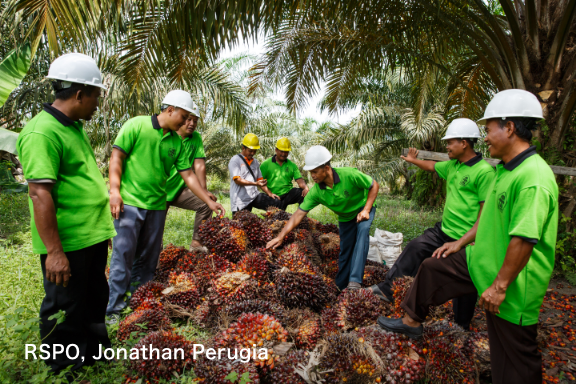
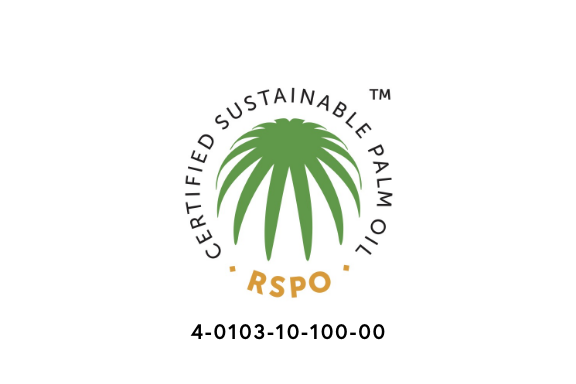
Paper
Aiming to responsibly use resources and reduce single-use plastics, we actively promote the use of paper for secondary packaging such as folding cartons. However, there are environmental issues associated with the production of raw materials for paper, such as deforestation and loss of biodiversity, as well as human right issues. Therefore, sustainable and responsible procurement is essential. We aim to be using 100% sustainable paper by 2023, and in 2021, we promoted the switch to sustainable paper, achieving a 72% weight shift.
Cosmetics packaging must satisfy various expectations. It must be sophisticated, beautiful and sustainable in design, as well as resistant to weight. In collaboration with paper manufacturers, we are developing innovative paper packaging solutions that meet such expectations and even go beyond. We are also promoting the switch to sustainable paper for promotional materials such as product displays, bags, and leaflets, as well as copier paper in our offices.
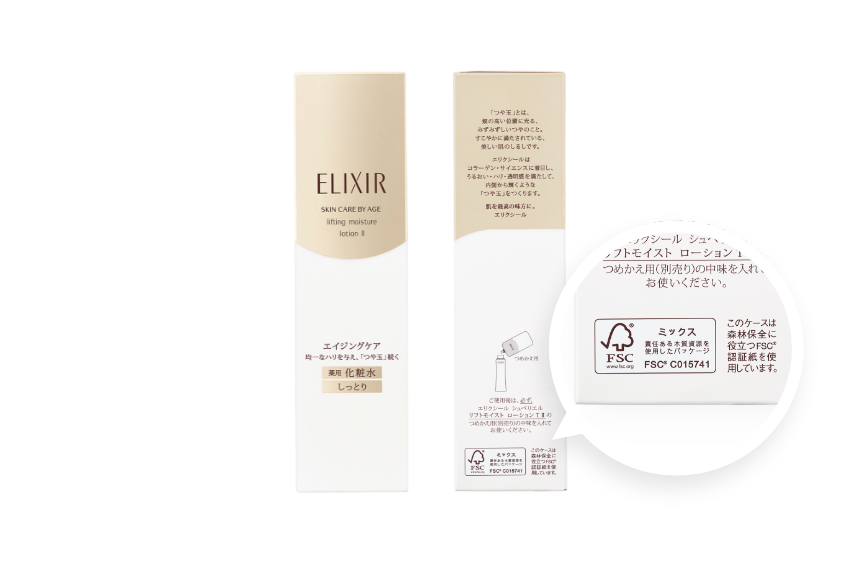
Mica
Mica is used not only in beauty, but across a wide range of industries due to its light-reflecting properties and excellent heat resistance. In 2017, we joined the Responsible Mica Initiative (RMI), which aims to eliminate child labor and forced labor at Indian mica mining sites to establish Indian mica as a sustainably produced raw material. In 2021, in collaboration with NGOs, the Indian Government and participating companies, RMI implemented a community empowerment program for 10,927 mica-dependent families.
This improved the incomes and livelihoods of 62% of families participating in the program, while also supporting the improvement in access to safe drinking water and medical facilities.
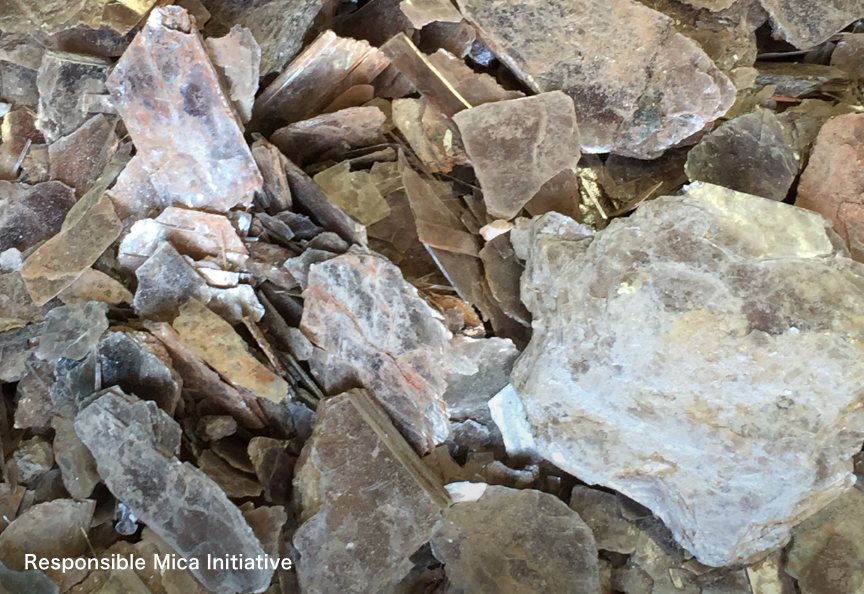

Biodiversity
We rely on natural resources for the production of cosmetics. As reported in the World Economic Forum’s Global Risks Report in 2021, the loss of biodiversity is a serious risk, and in recent years, biodiversity is rapidly declining due to environmental destruction. We recognize this as an issue that must be addressed, and we are working to conserve and restore biodiversity by implementing the sustainable procurement of raw materials of natural origin, such as palm oil and paper.
In November 2021, SHISEIDO delivered the “We Are One Ocean” petition to the United Nations Convention on Biodiversity, aiming to protect 30% of the world’s oceans by 2030. The brand continues to enhance its ocean protection activities while developing products that nurture the beauty of our oceans.
In October 2021, BAUM began tree-planting activities at the BAUM Oak Forest (Iwate Prefecture, Japan). Aiming to create a cycle of sustainability, the trees will eventually be used in future BAUM products before being replaced with new trees.
Bees play an important role in the pollination of crops, but in Europe, there are concerns about the declining bee population. In response, at our Val de Loire and Gien factories (Shiseido International France S.A.S.), we have included bee conservation in our community and ecosystem sustainability plan. In addition to setting up beehives, we have banned the use of agrochemicals on the factory premises. The installed beehives produced approximately 90kg of honey in one year.
